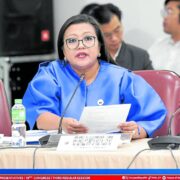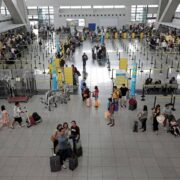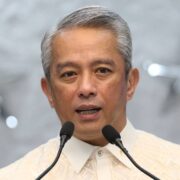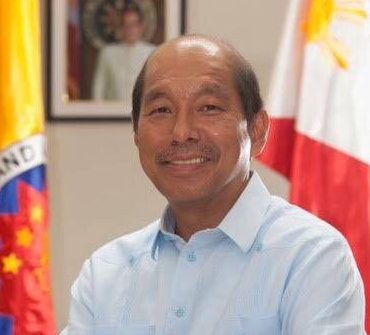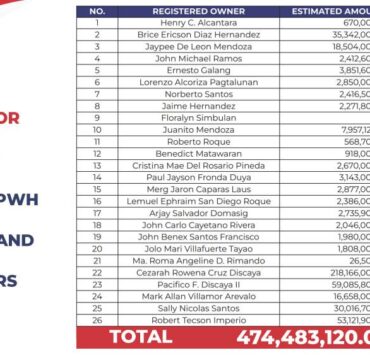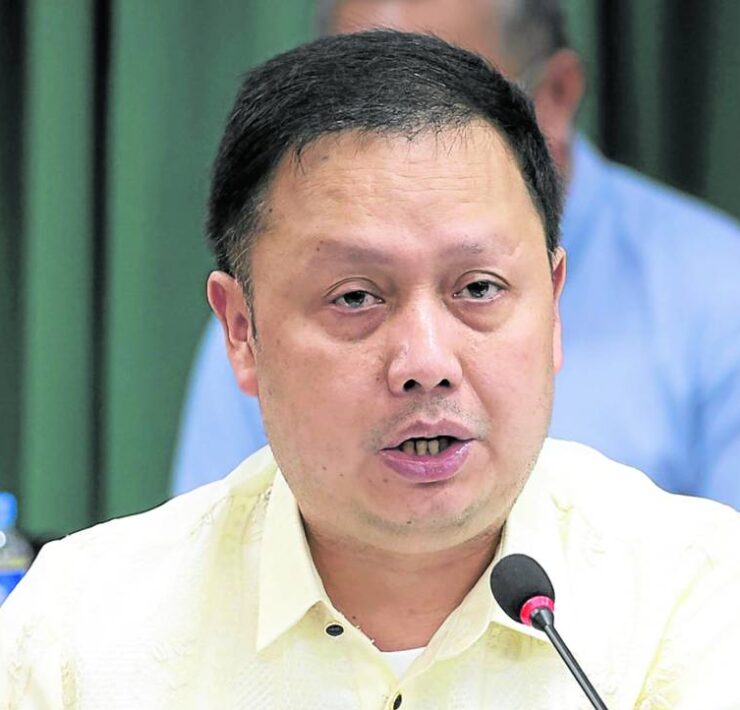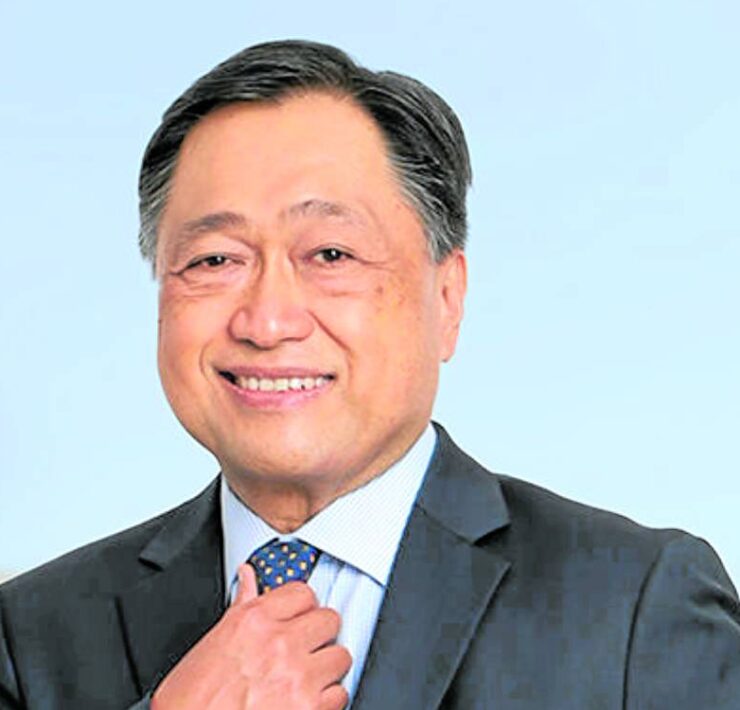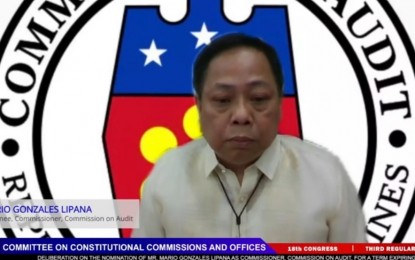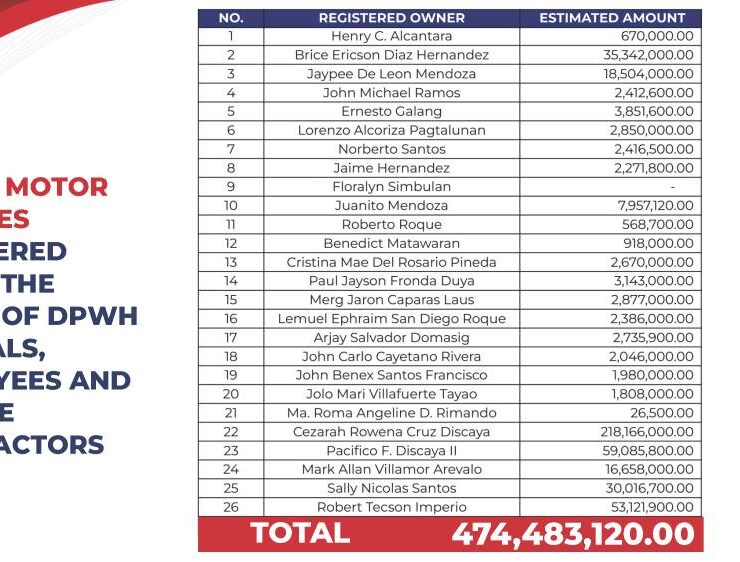Discayas, 3 public works engineers get witness protection
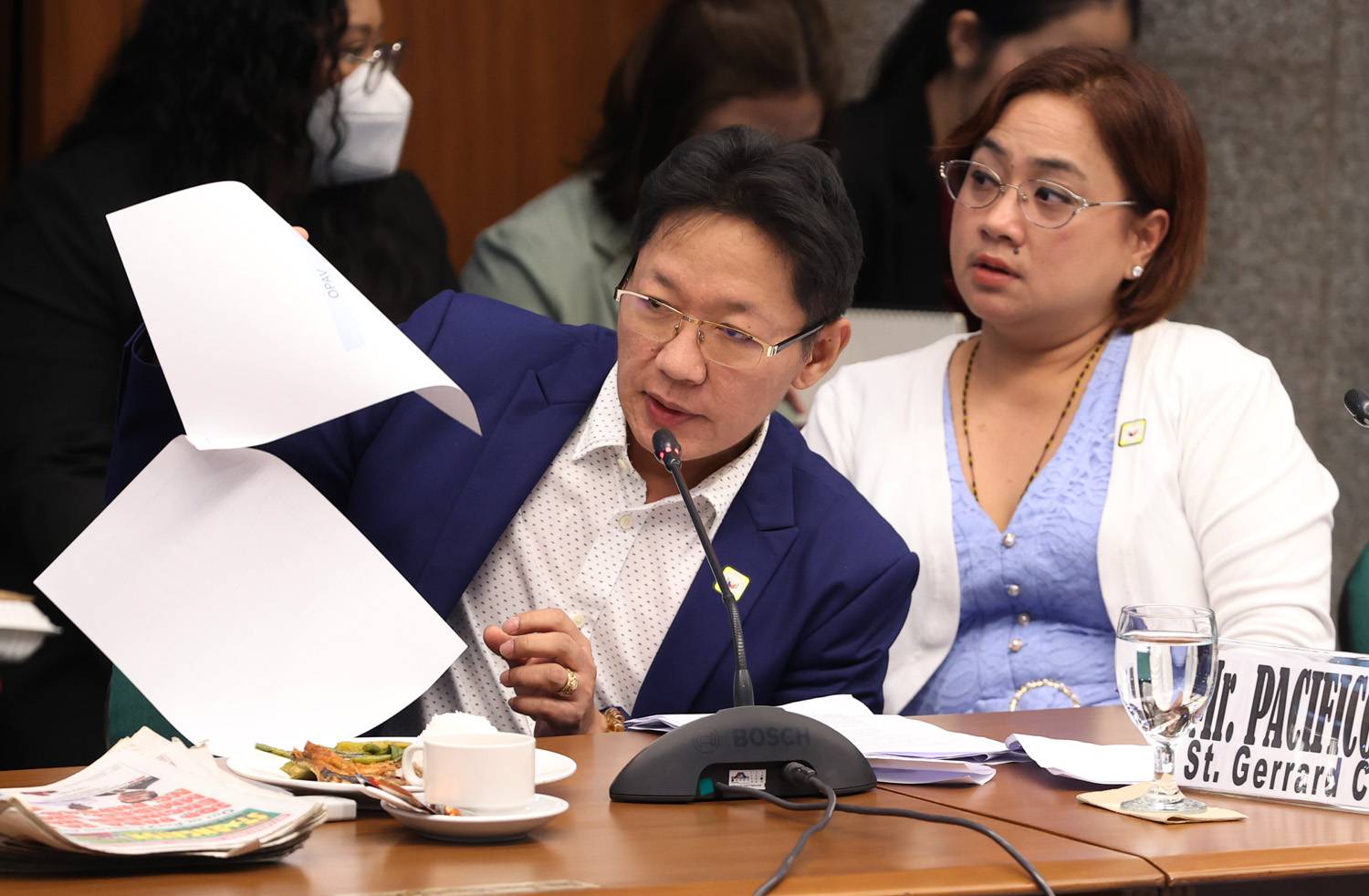
Government contractors Curlee and Sarah Discaya, along with three former Department of Public Works and Highways (DPWH) engineers allegedly involved in anomalous flood control projects, are now considered “protected witnesses” under the Department of Justice (DOJ).
The Discaya couple, as well as DPWH district engineers Henry Alcantara, Brice Hernandez, and Jaypee Mendoza, will be provided with security detail, while the Philippine National Police will be kept informed of their whereabouts so patrol teams can secure the area.
“We will really make them feel that we are not abandoning them,” Justice Secretary Jesus Crispin Remulla told reporters in an interview on Wednesday.
He clarified, however, that these five individuals would still undergo strict evaluation to see if they qualify as state witnesses.
“We’re very careful about the state witness status. It takes a lot of doing to declare a person as a state witness because you’re freeing them completely from criminal liability,” the justice secretary explained.
Initially reluctant
Remulla, who was initially reluctant to place the Discayas under the Witness Protection Program (WPP), made the announcement after meeting with Mendoza and Hernandez on Wednesday, with the latter turning over his computer’s central processing unit (CPU) containing files potentially useful to the investigation.
“The three DPWH employees who are speaking so far are considered protected witnesses and we just wrote a letter to the Senate President about that status and hopefully we can talk about it tomorrow (Thursday) morning,” Remulla said.
The DOJ chief said they decided to grant them protection since their cooperation was needed to gather more evidence.
“This is not just a story, but there are notes, ledgers, and everything else that could point to those who should be held accountable in the coming days,” Remulla said, adding that the engineers have named politicians not previously identified in Senate hearings.
As for the Discaya couple, whom Remulla met at the DOJ on Sept. 19 about their application to the WPP, the justice secretary said they were also considered protected witnesses “to be fair to everybody who has applied.”
For an individual to be included in the WPP, Remulla earlier said the applicant should also reveal the entire truth and not be “selective,” on top of the other requirements.
“But it looks like we’re not headed in that direction so I really told the Senate President that if it were up to me, I don’t want to give that status (to the Discaya couple) because it’s not forthcoming,” he said in an interview last week.
Under Republic Act No. 6981, which established the WPP, an individual who took part in a crime and intends to become a state witness may be admitted into the program, provided they meet certain qualifications, such as not appearing the most guilty in the case.
Restitution
According to Remulla, he submitted a letter to Senate President Vicente Sotto III to convey the DOJ’s decision on the protected witnesses, and they plan to flesh out the terms with the Senate on Thursday.
A key point of contention—at least for Remulla and Sen. Rodante Marcoleta—was restitution, or returning the stolen money to the state.
When the Discaya couple dropped bombshell testimonies before the Senate earlier this month, they also offered to become state witnesses.
But Remulla then said the two must first return the money they had amassed from public works contracts now under question.
At Tuesday’s hearing of the Senate blue ribbon committee, Marcoleta insisted that restitution was not a prerequisite for WPP admission.
Remulla agreed, but countered that it was still “morally right” to have the money returned first.
In a statement weighing in on the issue, lawyer Mel Sta. Maria, former law dean of Far Eastern University, said while restitution was not indicated in RA 6981, the same law provides for the need to execute a memorandum of agreement which could contain the legal obligation of returning what the WPP applicants unjustly obtained.










